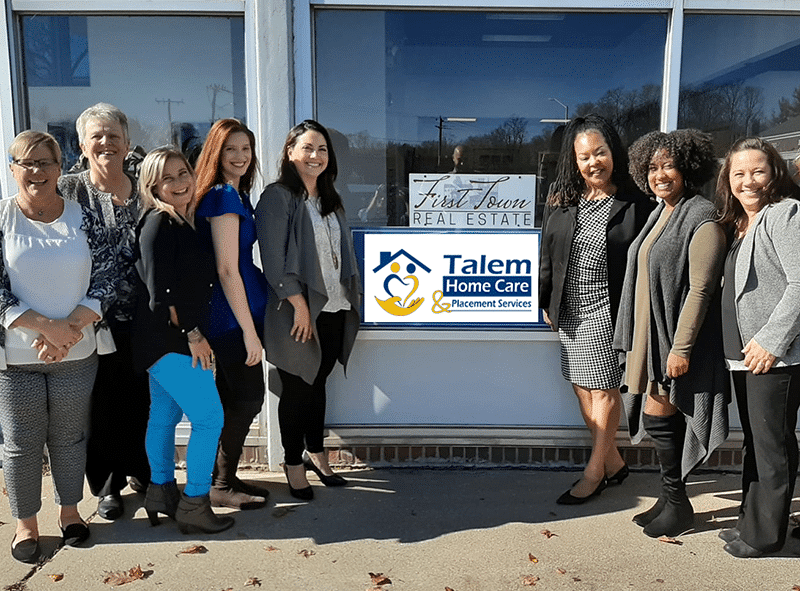Our senses keep us connected to the outside world. However, some of those senses might start to fade with age, including hearing. For seniors, the loss of hearing is a hard blow, causing many emotions, including anger, frustration, and despair.
Still, loved ones and home care services should encourage seniors to learn all they can about their hearing loss so they can better manage their condition. The best way to do this is through patience, care, and education.
Early Detection Is Key
Hearing impairment in seniors can significantly impact their general health. The effects are extensive, ranging from cognitive impairment to social isolation. Early detection is, therefore, crucial.
Unfortunately, that’s often easier said than done, as many seniors don’t open up about their hearing issues. However, with home care services and loved ones by their side, subtle changes might be noticed, which can lead to an open discussion about hearing loss in general. From there, more conversations with the medical team and evaluations are needed to fully diagnose their hearing needs.
What Is the Process of Diagnosing Hearing Loss?
Each situation is different, but there are certain steps that frequently occur at the beginning stages of diagnosing hearing loss. Those include the following:
- Self-Reporting and First Screening: Self-awareness is frequently where the journey starts. Seniors may become aware of changes in their hearing and notify their healthcare practitioners of any concerns they may have. Observations from home care providers and routine screenings carried out during primary care appointments may also reveal any problems.
- Audiological Evaluation: Seniors suspected of hearing loss are usually sent to an audiologist for a more thorough assessment. A battery of tests is used in this evaluation to determine the kind, extent, and pattern of hearing loss.
- Pure Tone Audiometry: Using headphones, seniors will listen to tones at different levels and frequencies, noting when they hear the tones. At the same time, an audiologist will identify the lowest-volume sounds that can be heard at various frequencies.
- Speech Audiometry: Seniors will repeat what they hear after listening to recorded speech. In doing so, their comprehension of speech at various volumes can be evaluated.
- Middle Ear Evaluation: Problems with the middle ear, such as fluid accumulation or ossicle injury, can cause hearing loss. Tympanometry and acoustic reflex testing can assess the middle ear’s condition and functionality.
- Inner Ear Testing: The otoacoustic emissions (OAEs) and auditory brainstem response (ABR) tests measure the cochlea, which is in the inner ear, and the auditory nerve pathways. ABR measures the electrical activity along the auditory pathway, whereas OAEs measure the cochlea’s response to sound.
- Speech-in-Noise Testing: Since seniors frequently report difficulty hearing in noisy settings, specific tests measure their ability to perceive speech under difficult listening circumstances.
Senior hearing loss diagnosis is not without its difficulties, especially when the diagnosis is delayed due to an unwillingness to admit hearing problems or anxiety about the stigma attached to wearing hearing aids. Home care providers and loved ones can help seniors overcome these obstacles and motivate them to get care for their hearing loss by creating a compassionate and encouraging environment.
If you or an aging loved one are considering Home Care in New Haven, CT, please contact the caring staff at Talem Home Care & Placement Services of New Haven, CT, today. Call (203) 538-6273
At Talem Home Care & Placement Services of Fort Hartford, CT, we provide passionate, understanding, and flexible caregivers in New Haven, Ansonia, Beacon Falls, Bethany, Cheshire, Derby, Milford, Naugatuck, Orange, Prospect, Seymour, Shelton, Stratford, Trumbull, West Haven, Woodbridge, and Woodmont and surrounding areas in Connecticut.
Sources:
- https://www.hopkinsmedicine.org/health/conditions-and-diseases/presbycusis
- https://www.mayoclinic.org/diseases-conditions/hearing-loss/diagnosis-treatment/drc-20373077
- https://www.nia.nih.gov/health/hearing-and-hearing-loss/hearing-loss-common-problem-older-adults
- https://www.ncoa.org/article/what-older-adults-need-to-know-about-hearing-loss
- Lifestyle Changes for Senior Wellness - April 10, 2025
- Top Signs of Hearing Loss in Your Loved One - March 25, 2025
- Increasing Safety Beyond Normal Home Modifications - March 7, 2025







